How farmers can benefit from Agricultural Financing
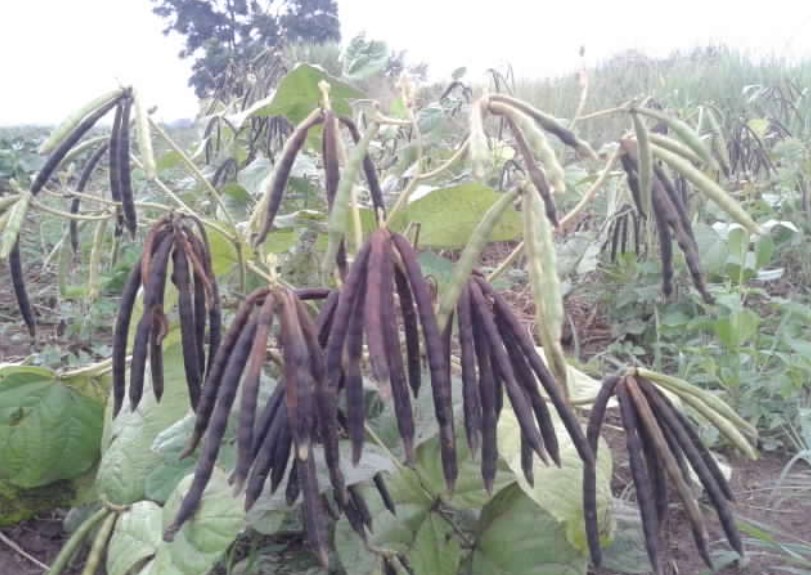
According to the World Bank, demand for food is estimated to increase by 70% by 2050 and at least USD$80 Billion will be needed in annual investments to meet this demand. A huge chunk of these billions is expected to come from the private sector and in particular the banking sector. Some governments and farmers […]
Taking Libraries closer to Communities
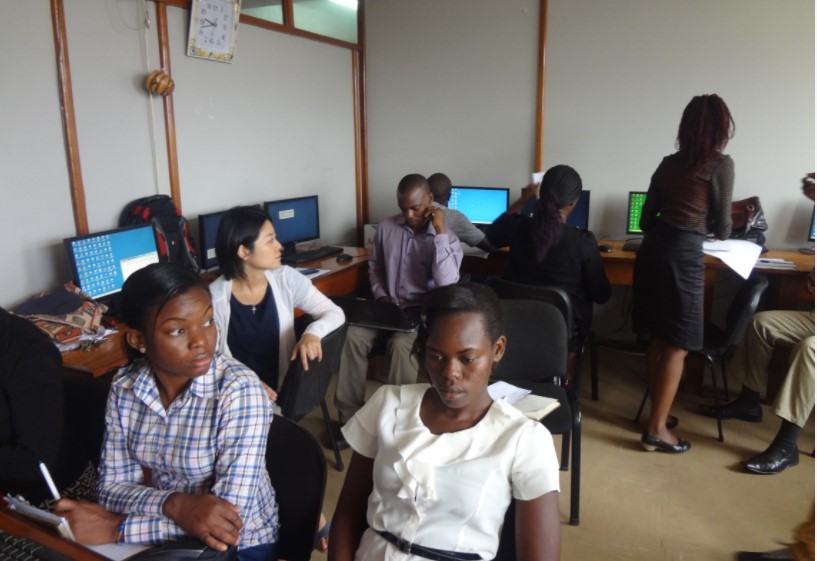
Copy & Paste or TypeOn July 7th 2017, WOUGNET participated in the March for the launch of the Mobile Library Project. The project consists of a Mobile Library, a truck with a library in the back, taking books to 10 different schools and communities around Kampala. The project is an initiative of the Forum for […]
Women discuss policy issues to inform Uganda’s REDD+ strategy development.
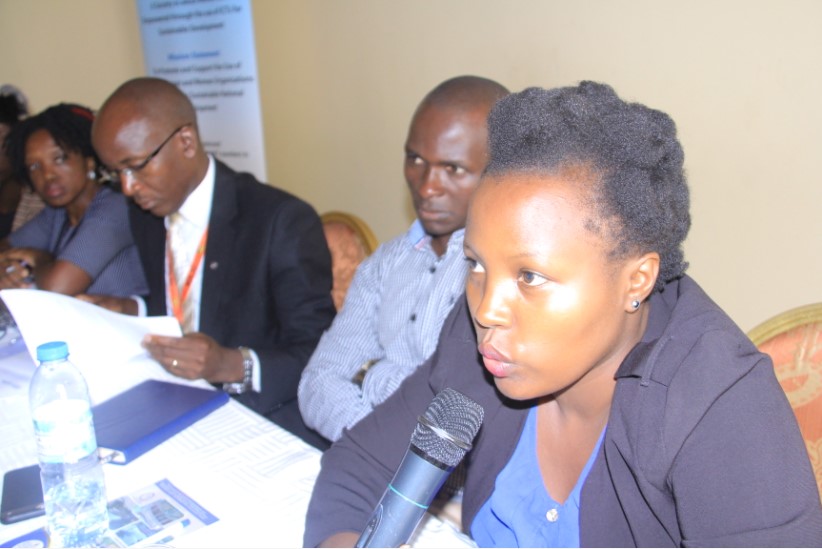
In March 2010, Uganda embarked on the preparation of its national process for Reducing Emissions from Deforestation and Forest Degradation, fostering the role of forests in conservation, sustainable management of forests and enhancement of forest carbon stocks (REDD+) through Readiness phase which is part of Uganda’s actions that contribute to the mitigation of climate change […]
What you should know about child marriage
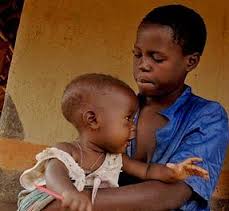
Child marriage is an issue that affects girls and women all around the world. It impacts all the aspects of life: Health, physiological state, psychological state, economic situations, etc. In Uganda, the prevalence for girls marrying under 18 years old is over 40%, and marrying under 15 years old is about 10% (Joy for Children […]
Empowering women with Digital Skills and Education

Knowledge is created when one has access to information including access to laws that provide for the right to access information. Without access to crucial information, citizens, especially marginalized groups, will not secure equality in this ever changing digital age. The latter is true in any society in the world; knowledge is power. In Uganda, […]
Hazardous Abortions in Uganda: Systemic flaws costing thousands of lives

The 85,000 women in Uganda who annually experience severe or fatal health complications from poorly performed abortions(Singh:2006), prove that regardless of the political or religious boundaries surrounding unplanned and unwanted pregnancy, women all over the country continue to find themselves in the dangerous and desperate position of seeking professional and often nonprofessional medical aid in […]
Gender disparities within business entrepreneurs in Uganda
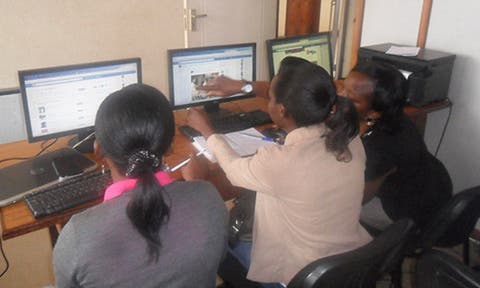
When it comes to entrepreneurship, Uganda is getting more and more known for its innovative projects[1]. Through their bold initiatives, women are among the key actors contributing to the enhancement of the country’s entrepreneurial sector. Given such dynamics, Ugandan women’s voices in business and entrepreneurship should be given greater attention. Indeed, there are still factors […]
WOUGNET hosts DOT’s ReachUp! Program

Digital opportunity trust is a Canadian international NGO supporting a global network of DOT organizations leading economic and educational change in countries throughout Africa, the Middle East, Asia, and the Americas. ReachUp! is DOT’s foundation economic program. This program trains university graduates, called DOT interns, to deliver technology, business, and workforce readiness skills training in communities […]
Fostering Civic Participation and Public Accountability through use of ICTs: East Africa
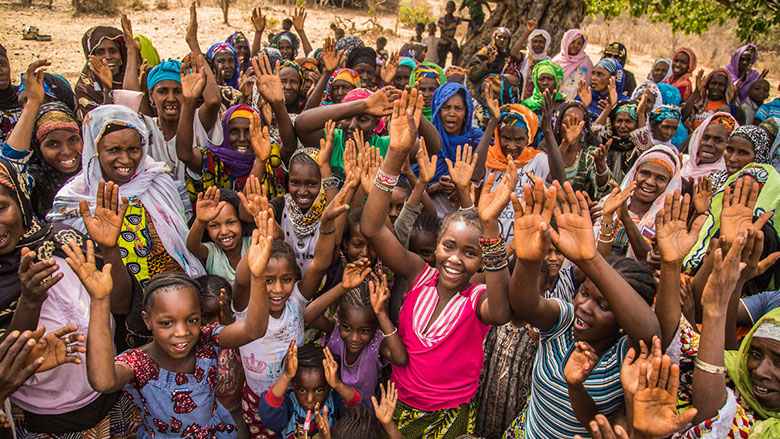
The Democratization process of the East African Countries remains elusive as Civil and Political actors of Governments and top leadership remain major impediments in addressing the underlying problems of social evils such as corruption, poor governance, declining press freedom, and lack of respect for fundamental rights and freedom of its Citizens. The East African Countries […]
Gender gap in ICT and Online gender based violence in Uganda

The Role of Information and Communication Technologies (ICTs) in Poverty Reduction is widely recognized. In particular, ICTs represent an important tool for women empowerment as they give women more opportunities to start businesses, look for jobs, learn about their rights, report violence, educate themselves and acquire knowledge to improve their families’ daily lives. Women’s access to ICTs […]
